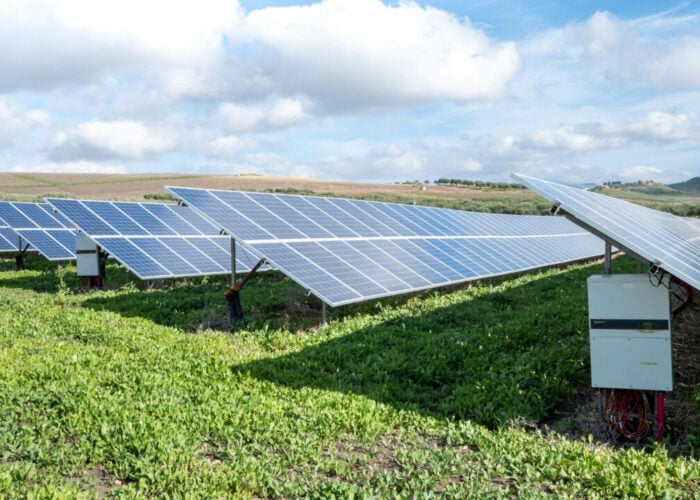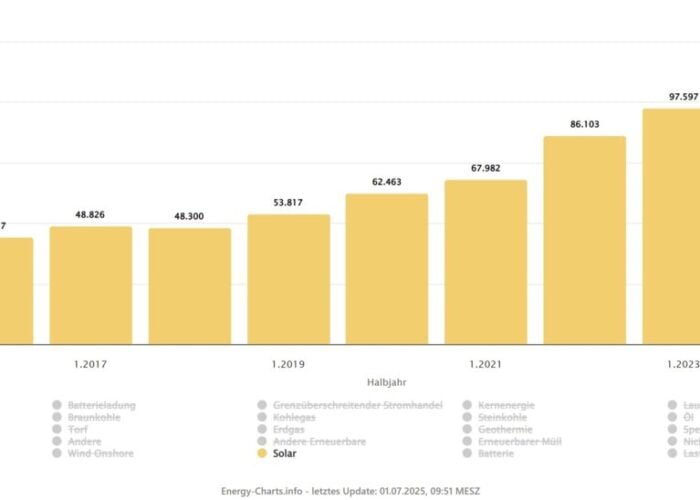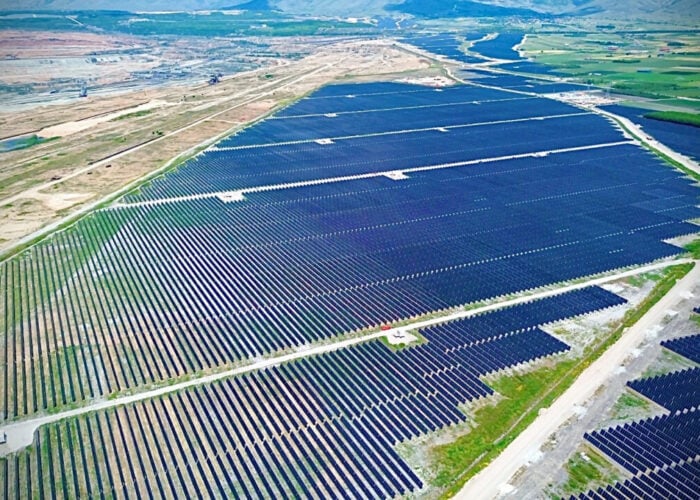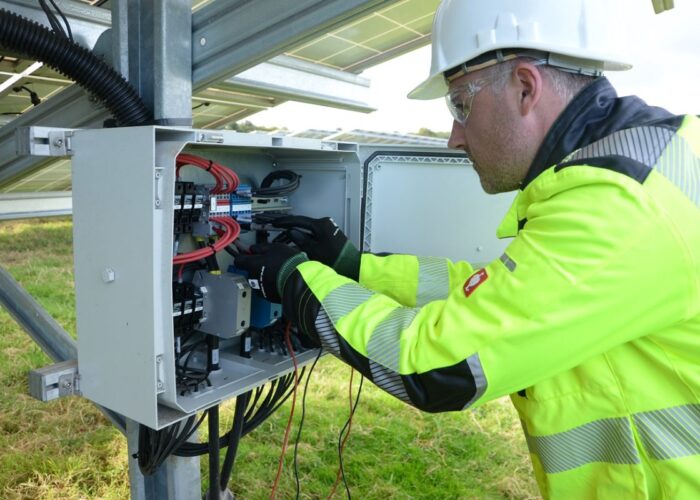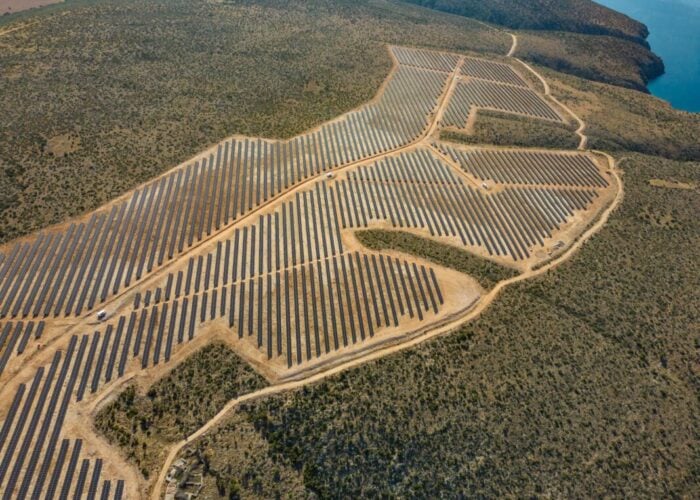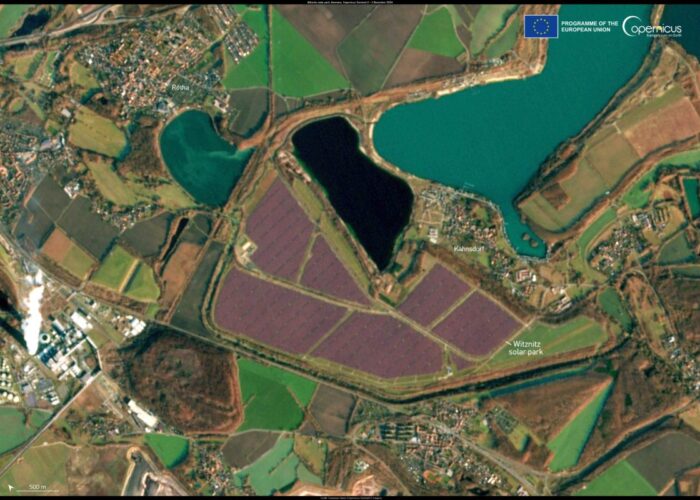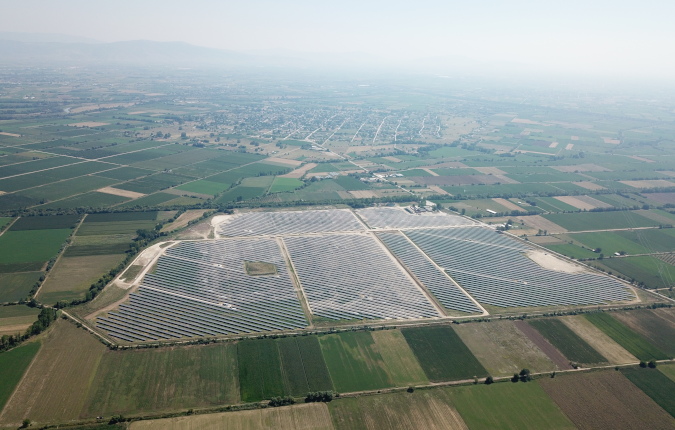
The European Commission (EC) has approved a €2.27 billion (US$2.56 billion) Greek scheme to support 4.2GW of installed renewables capacity after assessing it in the context of EU state aid rules.
The scheme is intended to support electricity produced from various renewable energy sources including solar PV and solar-plus-storage in and outside Greece.
Unlock unlimited access for 12 whole months of distinctive global analysis
Photovoltaics International is now included.
- Regular insight and analysis of the industry’s biggest developments
- In-depth interviews with the industry’s leading figures
- Unlimited digital access to the PV Tech Power journal catalogue
- Unlimited digital access to the Photovoltaics International journal catalogue
- Access to more than 1,000 technical papers
- Discounts on Solar Media’s portfolio of events, in-person and virtual
Now approved, the scheme will see solar installations supported through a joint competitive tendering process.
Electricity production will be subject to an auction and aid will take the form of a two-way contract-for-difference premium. Under this system, a reference price is set at auction and either the state or the generator will pay the other the difference if the actual price of power goes above or below that level.
The scheme is open until 2025 and aid can be paid out for a maximum of 20 years.
The EC assessed the scheme under EU state aid rules and found that “the aid is necessary to further develop energy generation from renewable sources and to help Greece meet its environmental targets”,” said an EC media release.
It said the scheme had an “incentive effect” and that investments by benefitting companies “would not take place in the absence of the aid”.
“In particular, the level of aid cannot exceed the difference between the market price of electricity and the production costs, and will be set either through a competitive tendering procedure or through an administrative procedure measuring those production costs,” it added.
The news comes as trade body SolarPower Europe this week called on the EU to increase its renewable energy target to 45% by 2030, which it said would result in an extra 210GW of solar capacity installed and put the continent on a strong trajectory to reach climate neutrality by 2050.
Last month, European leaders called on the European Investment Bank (EIB) to investigate how to speed up investments in the energy transition to reduce the risk of future energy price crises. The EC has released a “toolbox” to address the short-term impact of price rises and strengthen resilience against future shocks.

